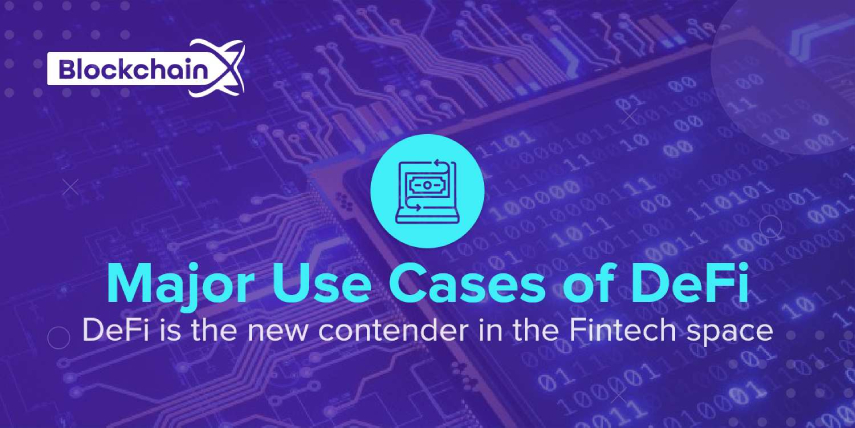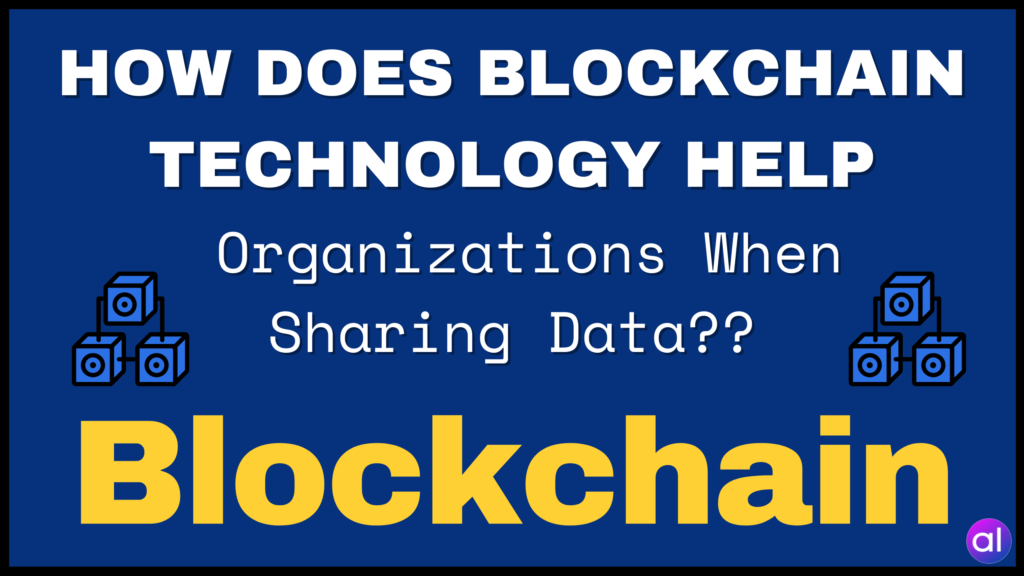
Say hello to DeFi! The latest player in the fintech arena, shining brightly with its impressive success. It has captured the attention of entrepreneurs, sparking curiosity and action.
DeFi aims to eliminate intermediaries like banks and financial institutions, utilizing automation for direct financial transactions among participants. While it may seem unconventional at first, it holds great potential for businesses, investors, and those seeking financial freedom.
Let’s delve into the world of DeFi!
Understanding Decentralized Finance (DeFi)
DeFi, short for “Decentralized Finance,” refers to a system designed to redefine financial operations such as investing, borrowing, lending, and trading through decentralization. By utilizing open-source software on decentralized networks, DeFi aims to establish transparency and trust within the financial framework. The system has shown promising results since its inception, revolutionizing the banking, financial, and investment sectors.
Exploring DeFi Use Cases
Decentralized Finance presents innovative solutions that have the potential to transform the global financial system. Let’s explore some key use cases for DeFi:
1. Payments
DeFi enables instant payments through blockchain-based protocols, offering users cost-effective transactions and exclusive discounts, encouraging platform usage.
2. Borrowing and Lending
DeFi platforms provide universal access to borrowing and lending functions, simplifying processes and requiring collateral in cryptocurrency, facilitating quick settlements and inclusive access for all users.
3. Stablecoins
Stablecoins, backed by legal tenders like the US Dollar, provide stability in the volatile cryptocurrency market, serving as mediums of exchange and store of value.
4. Tokenization
Tokenization links cryptocurrency tokens with real-world assets, enhancing asset liquidity in the market by dividing assets into tradable portions, promoting accessibility for small-scale investors.
5. DEXes
Decentralized Exchanges facilitate peer-to-peer automated trading, empowering users to trade without third-party intervention, simplifying the trading process for newcomers.
Ready to explore DeFi? Let’s get started!
6. Issuance Platforms
Issuance platforms automate tokenization processes, enabling users to create digital tokens effortlessly for their assets, simplifying fundraising and eliminating intermediaries.
7. Open Marketplaces
Open marketplaces eliminate central authority control, fostering a user-centric market for free trade through blockchain-based systems and smart contracts.
8. Prediction Markets
Prediction markets allow global participation in betting on future outcomes, democratizing predictions without central authorization.
9. DAOs
Decentralized Autonomous Organizations operate democratically on blockchain, utilizing automated smart contracts for decision-making, enhancing transparency and eliminating corruption.
Addressing Financial Challenges with DeFi
Decentralized Finance offers universal access to financial services worldwide, addressing issues such as financial inequality and censorship by providing a decentralized ecosystem accessible to all with just a smartphone and internet connection.
In Conclusion
DeFi is revolutionizing the financial system, empowering global participation and democratizing financial markets. With its disruptive potential, DeFi projects hold promise for underprivileged populations worldwide, offering equal opportunities for financial growth and inclusion.



